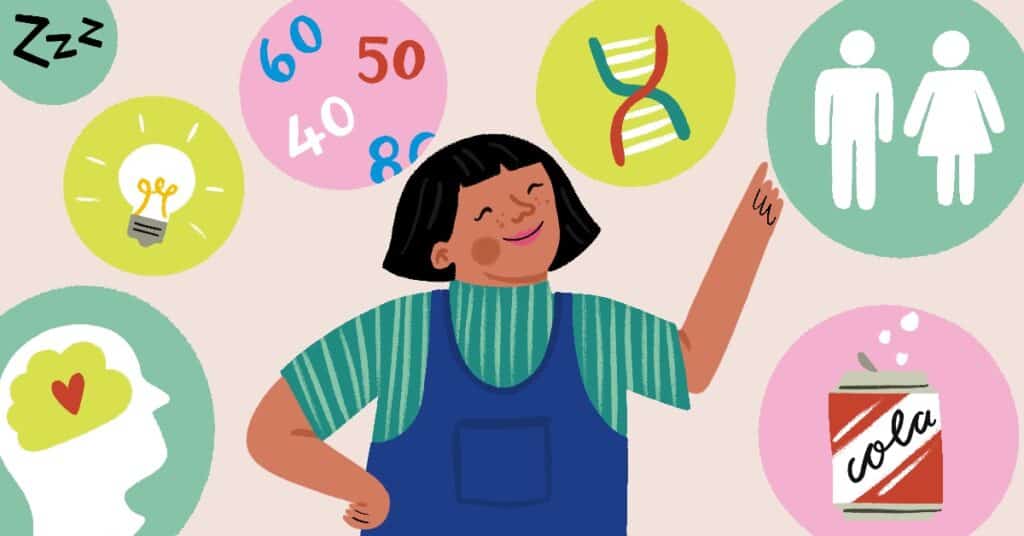
By Brian Wu, MD, PhD
ADHD is a condition that unfortunately has brought with it a lot of misconceptions and myths. Below are five things that people with ADHD would like you to know about this disorder:
1. ADHD is Real
One of the hardest things to hear when you have ADHD is that this condition is not even real. ADHD is a legitimate medical diagnosis and a disability. Understood.org notes that important medical institutions including the Centers for Disease Control, the American Psychiatric Association and the National Institutes of Health all recognize ADHD. Most credible medical organizations and experts recognize ADHD as real.
2. ADHD Affects both Males and Females
The stereotype of ADHD is often of a very hyperactive boy who cannot sit still in class and is frequently in trouble with the teacher. While ADHD does affect males at a higher rate, it is important to know that females are affected, too. However, girls are more likely to have this condition overlooked, partly because they often present with symptoms of inattentive ADHD rather than hyperactive ADHD. Inattentive symptoms can be less obvious to a casual observer.
3. ADHD is Not Caused by Poor Parenting, Too Much Sugar or Too Much Screen Time
Stigma does not just attach itself to children with ADHD. It attaches to their parents as well. Common myths suggest that poor parenting techniques, a diet too high in sugar, or too much screen time is the underlying cause of ADHD. None of those are true. It is true parenting techniques can have a positive (or negative) impact on the behavior of ADHD children.
That is why the CDC recommends that parent training be part of the package when it comes to treating childhood ADHD. Experts don’t yet fully understand the true causes of ADHD. Many believe that it is at least in part due to heredity. One-quarter of people with this disorder have a parent who has ADHD as well.
4. You (Often) Do Not Outgrow ADHD
ADHD is not just a childhood disorder. It is, in fact, often a lifelong condition. Experts estimate that about 70% of children with ADHD will also have it as an adolescent. About half will continue to have it as an adult. But things can change with ADHD as an adult. Kaiser Permanente, the managed care health system, points out that “although ADHD symptoms usually continue into adulthood, the person learns ways to cope with the symptoms. People with ADHD have plenty of energy, are creative, and can often accomplish more than people who do not have the condition.”
5. People with ADHD Are Not Stupid or Lazy
ADHD is not about a person’s cognitive ability or IQ. It is not about being lazy or not wanting to do work. “Telling people with ADHD to ‘just focus’ is like asking someone who’s nearsighted to just see farther,” notes the non-profit Understood.org. The reason that people with this condition struggle to get tasks completed at times is because their brains are simply wired differently. Imaging studies show these differences in neural development. It is important to note that, far from being stupid, many people with ADHD actually have normal or high IQs.
Understanding what people with ADHD would like you to know about their condition is important. These myths and misunderstandings have been proven wrong by clinical research. And the myths can be unhelpful or even hurtful to people with this condition and prevent the kind of open discussions that we need to make sure that those with ADHD get the support that they need to thrive.
Sources:
Kaiser Permanente: ADHD Myths and Facts






